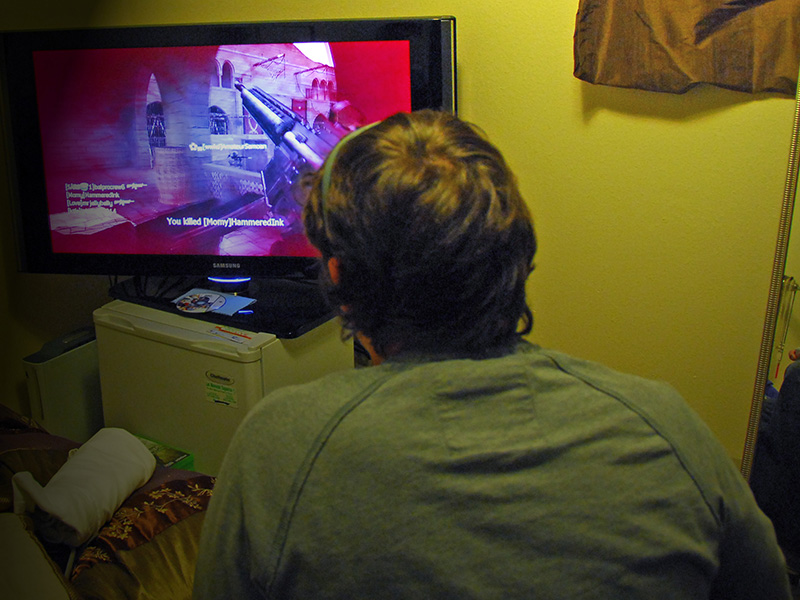Students often get involved in school politics – running for class president, organizing parties – but seem unable, or unwilling, to become politically engaged more broadly.
I recently graduated from TanenbaumCHAT, a Jewish high school in Toronto. This past year, I set out to try and engage my fellow students in the democratic process.
At the beginning of the year, I started a politics club, a small group comprised predominantly of Grade 12 students. We met every Friday at lunchtime to discuss relevant world issues and political events. Teachers would often join the meetings, to help guide the conversation and provide insights. Those who participated in the discussions were fairly engaged and knowledgeable students, and if an observer had sat in on one of the meetings, it would have seemed as though my generation cares about politics. But looks would be deceiving.
READ: WHY EVERYONE SHOULD HIT THE CAMPAIGN TRAIL DURING THE ONTARIO ELECTION
Prior to the Ontario provincial election on June 7, I moderated a panel that gave students the chance to ask some of the candidates about important issues. Despite the difficulties I had pinning down all of the candidates, the event was relatively successful, with two of the local candidates answering questions from a fairly large group of students. It was a stimulating and encouraging discussion, and I was pleasantly surprised by the number of students who attended.
However, despite encouraging signs from some students, the majority of my peers seemed apathetic when it came to politics. Even when politics was discussed, it was treated like a reality TV show – something beyond their control that has little effect on their lives. Just a few weeks ago, for example, one of my classmates, who is old enough to vote, approach me and asked what the red party was.
This is not to say that students don’t care about important and pressing issues. At TanenbaumCHAT, we raised more than $200,000 for cancer research. Statistically, youth are more engaged in solving community issues than ever before. However, we often don’t think of politics as a means of solving those issues. We seem to miss the fact that the roads we drive on, the medicine we receive and the public transit we get stuck on are all dependant on the political system. While $200,000 is an amazing amount for a high school fundraiser, it is nothing compared to the hundreds of millions of dollars that the government invests in cancer research.

The value of democracy is that it allows the people to influence how vast sums of resources are allocated within society. By abstaining from voting, youth forfeit that ability. It is not that students are inherently narcissistic and lazy, it’s the simple fact that we do not appreciate the immense amount of money and power that, throughout our lives, we will hand over to government.
The political world is evolving rapidly and it is imperative that youth do not continue to be left behind. One important step would be to overhaul the civic education system, so students get a better understanding of how Canadian governments work and how public policy affects our lives and our society as a whole. Teachers and parents alike need to consider the importance of young people to our society and our democracy.
However, the biggest initiative needs to be taken by young people themselves. Student should take some time each week to consider the import issues of the day and discuss current events with their friends. Volunteering with a political campaign is also a fantastic way to get involved (and get volunteer hours). Democracy is like a muscle: we have to exercise it, or else we lose it.
